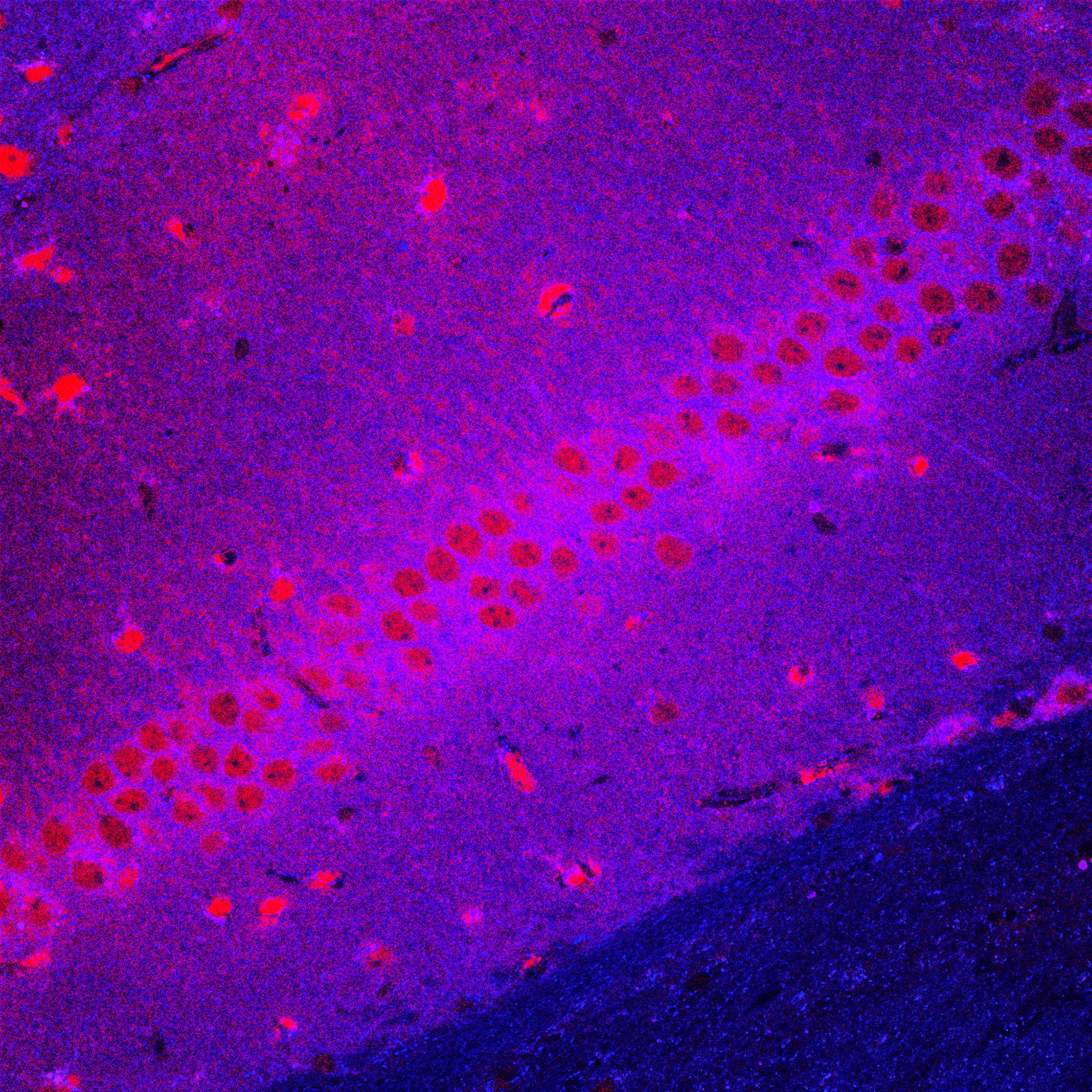
About Us
PiNBAC was founded by Tari Tan and Bob Datta in the belief that the next generation of leaders in neuroscience should include all of us. We have crafted a curriculum specifically designed to prepare students for success in graduate school, covering everything from the hidden curriculum to how to prepare your application, all while receiving hands-on training in neuroscience in some of the best labs on the planet. You will join a vibrant community of PiNBAC scholars embedded in the Harvard Program in Neuroscience, which will give you a chance to interact with scientists at every level of training, from technicians and graduate students to senior PIs. This website includes information about applying to the program, a list of our current participants, and resources for our trainees and mentors that you can peruse to get a sense of our program.
PiNBAC is housed in the HMS Neurobiology Department as part of the Community Programming Initiatives. The research and activities on this website are supported by the following:
National Institute of Neurological Discorders and Stroke of the National Institutes of Health under Award Number R25NS130945
Grant from the David and Lucile Packard Foundation
Generous contributions from Tom Roberts and Susan DaSilva.
Department of Neurobiology at Harvard Medical School
The Program in Neuroscience at Harvard University
If you have any questions at all about the program, feel free to email our program coordinator at chloe_denelsbeck@hms.harvard.edu — we’d love to answer your questions and chat about PiNBAC!
The Harvard Program in Neuroscience is a doctoral training program comprising 150 students and 160 faculty who span the many interdisciplinary subfields of neuroscience and research institutes across Harvard University and Boston.
For more information on the department and our research, check out our main site here.


